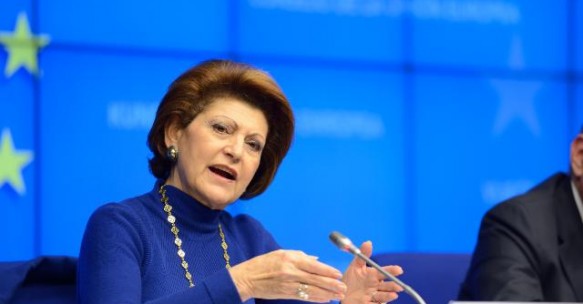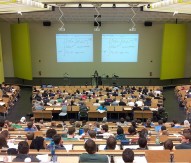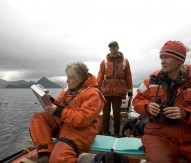
H2020 and Erasmus+ boosts African research
The new Erasmus+ programme will provide grants for 25,000 African students and academics to study or train in Europe over the next seven years, it has been announced.
This is in addition to 2,750 African researchers supported by the Marie Skłodowska-Curie Actions (MSCAs) through Horizon 2020.
At a meeting with representatives of 60 African universities in Brussels, Androulla Vassiliou, European Commissioner for Education, Culture, Multilingualism, Sport, Media and Youth, discussed how African and European universities face similar challenges, including the need to modernise, provide relevant curricula, and offer students more opportunities to broaden their skills to increase job prospects.
The ‘African Higher Education Harmonisation and Tuning’ event, jointly organised by the European Commission and African Union Commission, will focus on student mobility, recognition of qualifications and credits, as well as the development of new and joint degree programmes.
Vassiliou said: “Education is the best investment against inequality and poverty. We need to co-operate better at all levels to help higher education institutions develop relevant curricula, enable students and staff to overcome barriers to mobility and address the recognition of qualifications. The quality and response of higher education to society’s needs is central to any reform. Employers demand that universities produce graduates with modern skills and the tuning initiative helps us work towards these objectives.”
The EU has provided €78m for higher education programmes supporting students and universities in sub-Saharan Africa since 2007. Over the past seven years, 4,600 African students and 980 academic staff across the continent received grants from the Erasmus Mundus programme and more than 2,000 Africans received research fellowship grants through the MSCAs.






